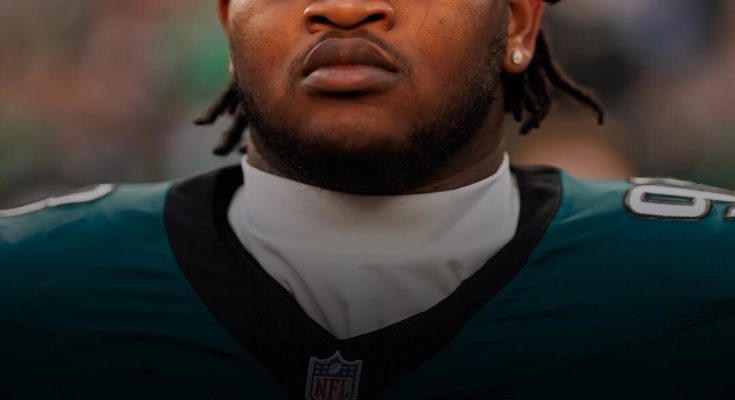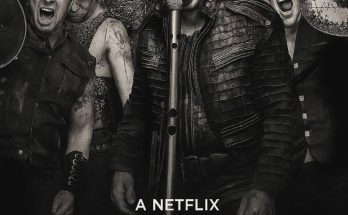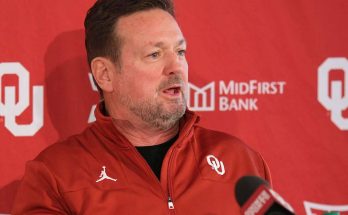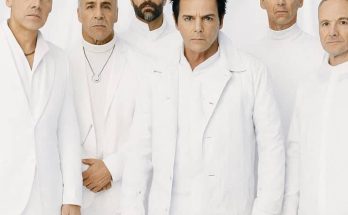On September 9, 2025, the NFL dropped a major headline: Philadelphia Eagles defensive tackle Jalen Carter, only six seconds into the season opener against the Dallas Cowboys, was ejected for a dramatic spitting incident involving quarterback Dak Prescott. The league decided to fine Carter $57,222, equivalent to his Week 1 game check, and treated the ejection as a one-game suspension already served. He will not face any further discipline and is eligible to play in Week 2
The spitting drama played out during a brief injury timeout—after the opening kickoff and before any offensive plays—when Prescott spit ahead (as he often does) to avoid spitting on his own linemen as he broke from the huddle. Carter took offense, believing Prescott aimed it at him, and retaliated by spitting directly on Prescott’s jersey. The officials flagged Carter immediately for unsportsmanlike conduct and ejected him for what they deemed a non-football act, a disqualifiable offense
The immediate fallout was tense. Fans booed as Carter slowly walked off the field, helmet in hand, his inert cologne-moment turning into a cautionary tale. Carter expressed remorse right after the game, calling it “a mistake… it won’t happen again,” and apologizing to teammates, fans, and family. He said he deeply regretted not finishing the game, especially after the wave of support from the crowd.
Prescott framed the moment as a misunderstanding. He said he had no intention of spitting on anyone. When Carter asked “Are you trying to spit on me?”, Prescott responded angrily with something like, “What would I need to spit on you for?” before being stunned by Carter’s retaliation. Prescott insisted he didn’t aim at him, that he’s “not trying to spit on anybody,” and expressed disappointment that Carter didn’t regret the ejection initially
In the aftermath, the NFL elected not to impose any additional suspension, making the fine and the ejection the full extent of punishments delivered. Many news outlets emphasized that the league considered the ejection as satisfying the requirement of a suspension. Nonetheless, online critics weren’t satisfied. Some argued that the fine was too lenient relative to Carter’s NFL earnings and that no disciplinary measures were taken against Prescott, who they felt should have also faced scrutiny for his spit—even if unintentional.(Talksport)
From both a financial and public relations standpoint, forgoing a suspension means Carter keeps his guaranteed contract intact, and although he forfeits his Week 1 pay, he avoids the broader damage a longer suspension might incur. Yet, his image has taken another hit: this isn’t the first time Carter has drawn disciplinary attention. He was previously fined in the NFC Championship Game for an open-handed blow on Washington; last season he was penalized repeatedly for unnecessary roughness and benched for poor discipline And we can’t overlook his off-field past—Carter was involved in a tragic college car crash that left two dead, resulting in probation and a modest $1,000 fine, a matter that initially dropped his draft stock but hasn’t derailed his career.
Still, no team, player, or league spokesperson expanded on internal disciplinary actions. Coach Nick Sirianni had declined to detail any in-house consequences, saying all such matters are handled privately Carter’s agent also confirmed that the incident and ensuing fine settled his league discipline, aligning with what ESPN’s Adam Schefter reported. The league’s decisiveness draws sharp lines around sportsmanship expectations this season—but some argue it wasn’t decisive enough.
Turning to the game itself, though Carter’s removal was unexpected, the Eagles held on—winning 24–20. Prescott then moved on to prepare for the Week 2 showdown: a highly anticipated Super Bowl rematch against the Kansas City Chiefs. Carter, free from further league discipline, is expected to return to the defensive line
For the league, the message was clear: spitting, even as a reactive impulse or misinterpreted gesture, will cost you. But is forfeiting a single game check enough deterrent? Some believe that for high-paid athletes, the sting of a ~$57,000 fine may barely register. Critics called for harsher penalties or at least mutual accountability—even for Prescott—arguing that to uphold sportsmanship, the NFL needed to draw a more balanced line.
It’s worth noting that historically, spitting on opponents hasn’t typically led to suspensions, rather fines—and that precedent likely influenced the league’s decision to treat this act similarly. But the league did flag the importance of enforcing sportsmanship this year, suggesting they may still stiffen punishments in the future.
Carter, once viewed as a cornerstone of the Eagles’ defensive line, is now under renewed scrutiny—not just for this incident but for a pattern of emotional and disciplinary missteps. He faces pressure both to play up to expectations on the field and to demonstrate composure off it. His return to the lineup will be closely watched—not just for his performance but for whether he has learned from this glaring lapse in judgment.



